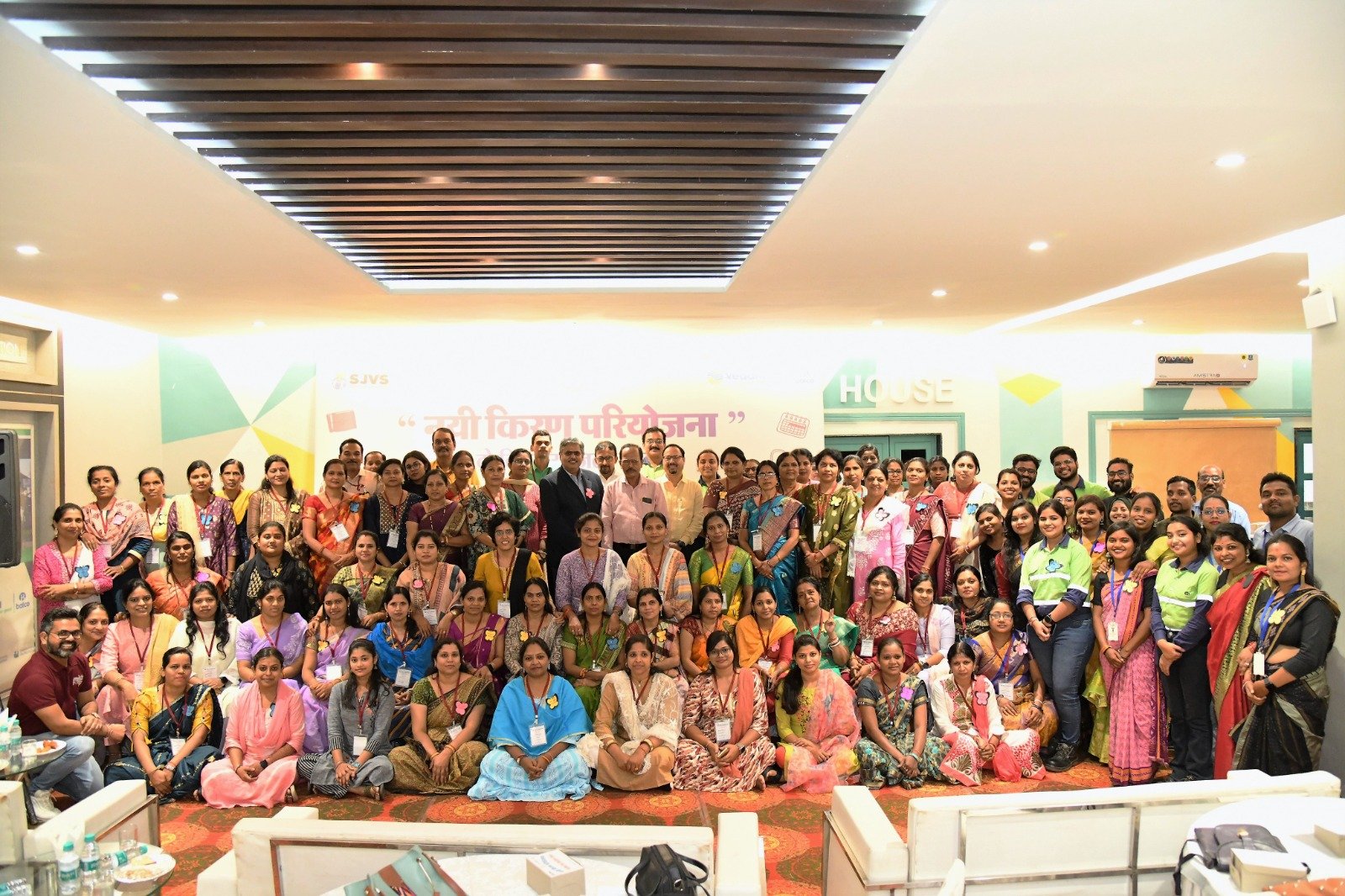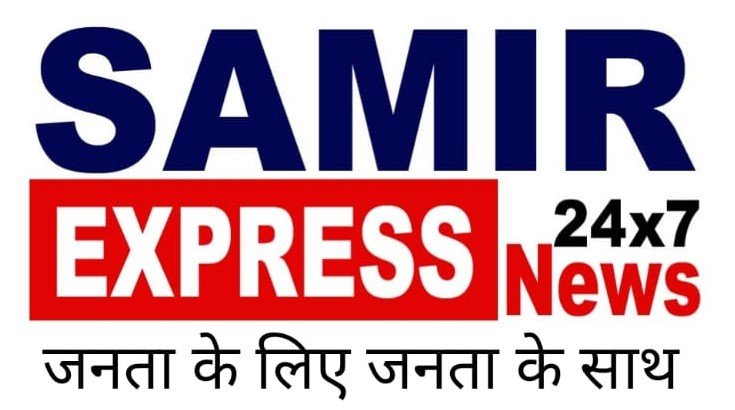BALCO’s MHM Workshop Raises Menstrual Health Awareness in Korba District
Enhancing Menstrual Health Advocacy Among Local Educators, Inclusive MHM Awareness: Supporting Specially-abled Individuals

Balconagar; 6th October 2023: Bharat Aluminium Company Limited (BALCO), India’s iconic aluminium producer and a subsidiary of Vedanta Aluminium, recently held a two-day District-Level Teachers Training program on Menstrual Health & Hygiene Management (MHM) in collaboration with the Sarthak Jan Vikas Sansthan and the District Education Department of Korba. Organized as a part of BALCO’s project Nayi Kiran, the training aimed to equip educators with the knowledge and skills needed to become advocates for MHM in their respective schools and promote a more empathetic environment surrounding menstruation.

The program was led by Mr. Om Prakash, an MHM Subject Matter Expert, and covered a wide array of topics over the course of two days. The comprehensive training included a wide spectrum of topics, including understanding the menstrual cycle, addressing myths and taboos, promoting health and nutrition, exploring gender-related issues, and creating MHM-friendly school environments.
As part of our MHM training initiative, a special session was organized to address the unique challenges faced by specially-abled girls. Recognizing that managing menstruation hygienically and with dignity can pose specific difficulties for them, BALCO conducted a specialized Menstrual Health Management (MHM) session tailored for children who are visually, speech, and hearing-impaired. This session featured specialized modules and took place at Divya Jyoti School, catering to more than 55 children from the district.
The MHM Awareness Sessions conducted as part of Project Nayi Kiran have successfully reached out to over 6,800 adolescent girls and boys across 30 government secondary and higher schools in the Korba District. The workshop played a pivotal role in elevating awareness around menstrual health and hygiene among educators, thereby impacting over 70 teachers representing 56 government secondary and higher schools in the Korba District.

Highlighting the impact of the workshop, Mr. Rajesh Kumar, CEO and Director of BALCO, said, “This initiative embodies our unwavering commitment to fostering a more inclusive and enlightened society. By equipping our community educators with the knowledge and tools to promote menstrual health and hygiene, we are not only empowering our students but also dismantling long-held taboos, one classroom at a time. This is not just a workshop; it’s a catalyst for change, igniting a brighter future where every girl and woman can embrace their natural biological processes with dignity and pride.”
Inspired by the workshop and appreciating BALCO’s effort, Mr. Gend Lal Bhaskar, a teacher at Govt. High School Darri, and a participant in the MHM workshop said, “We must recognize the urgent need for behavioral change in how our society treats menstruating girls and women, highlighting the normality and naturalness of this biological phenomenon. I commend BALCO for its dedicated efforts in creating MHM-friendly schools where girls feel empowered and are nurtured with the knowledge and respect, they deserve. ”
Project Nayi Kiran was initiated in 2019 in partnership with the Sarthak Jan Vikas Sansthan (SJVS) organization, which aims at demystifying menstrual myths and taboos, developing sustainable hygiene practices during menstruation, and raising awareness about product choices through Menstrual Health Management (MHM) capacity-building to ensure safe reproductive health. To date, it has helped sensitize 48,000+ people through awareness generation and capacity-building activities in 45 villages of Korba block, spreading its impact to other blocks in Korba district, Podi Uproda, Kartala, Pali, and Katghora in Chhattisgarh. It has also empowered over 600 community members ranging from adolescent boys & girls, SHG women, and frontline workers (Anganwadi & ASHA workers) on Menstrual Health Management as master trainers, making them torchbearers of change in the community.
———————————————————




